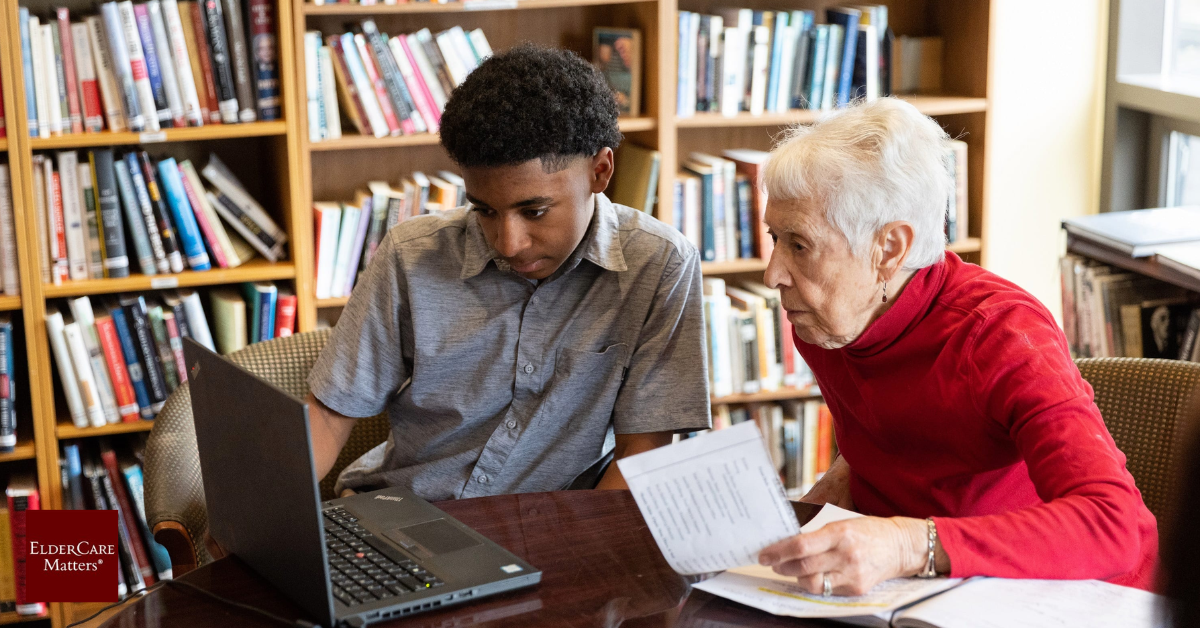
As the world’s population continues to age, elder care has become a growing concern for families across the globe. With this shift, technology has emerged as a powerful ally, providing innovative solutions to help families manage the care of their aging loved ones. From remote monitoring systems to health apps, these technological advancements are making it easier to ensure that seniors remain safe, healthy, and comfortable in their own homes.
Remote Monitoring Systems
One of the most significant developments in elder care technology is the rise of remote monitoring systems. These tools enable families and caregivers to track their loved ones’ health and activities in real time. Sensors placed around the home can detect falls, monitor activity levels, and even track vital signs such as heart rate and blood pressure. Some systems also offer two-way communication, allowing family members to check in and provide emotional support remotely.
For families who are unable to be physically present at all times, remote monitoring offers peace of mind, knowing that they can receive alerts if something is amiss. These systems not only help with safety but also assist in managing chronic conditions by tracking health metrics over time.
Health and Medication Management Apps
In addition to monitoring systems, health apps are another vital tool in modern elder care. Apps designed specifically for seniors can help with medication reminders, appointment scheduling, and even provide virtual doctor visits. This is particularly important for elderly individuals who may struggle with memory or organization.
For instance, medication management apps can send reminders for taking medications on time, which is crucial in preventing missed doses and complications. These apps can also help track dosage schedules, ensuring seniors take the correct medications at the right times, and provide alerts if refills are needed.
Virtual Care and Telehealth Services
Telehealth is another technological innovation that is revolutionizing elder care. Virtual doctor visits and remote consultations reduce the need for seniors to travel to appointments, making it easier for them to access medical care from the comfort of their own home. This is especially beneficial for those with mobility issues or who live in rural areas where healthcare access may be limited.
Many healthcare providers now offer telehealth options, allowing for consultations over video calls, phone calls, or secure messaging. This not only saves time but also enables families to be actively involved in the care process.
How Families Can Leverage Technology
While these tools offer immense benefits, families must approach the integration of technology thoughtfully. Start by discussing the various options with your loved one and consider their comfort level with technology. Be sure to select tools that are user-friendly and suited to their specific needs. Additionally, involving caregivers in the process and training them on how to use these tools can further enhance the care experience.
The use of technology in elder care can significantly improve the quality of life for seniors, offering a safer, more manageable way of providing care. With the right tools and resources, families can navigate the challenges of elder care with greater ease and confidence.
Looking to enhance your elder care approach? Explore more tools and resources at ElderCareMatters.com – America’s National Directory of Elder Care Resources and empower your caregiving journey today!
Reading Time: 3.30 mins.


